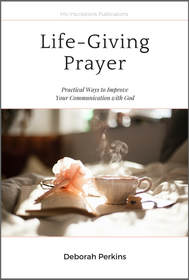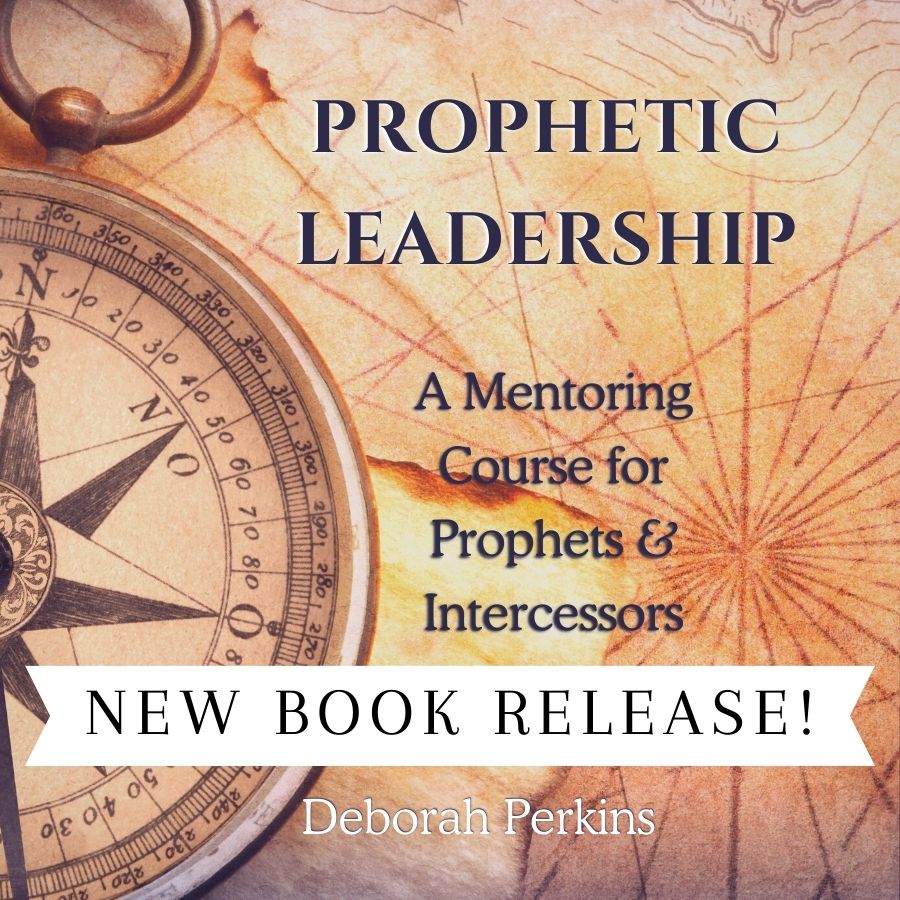|
Sometimes the voice of the enemy is LOUD. Embarrassing. Even publicly humiliating. Sometimes the devil is uncomfortably close to home. Like a strong-willed child, he tries to draw you into a power struggle. He hopes you will cave to the factual truths of his accusations against you. Has this happened to you? It happened to King Hezekiah. And it’s happened to me. The question is, what do you do? Immediately after the wonderful promises of Isaiah 35 – the desert blossoming like a rose, a highway of holiness for believers that no unclean person or beast can travel on – Isaiah presents the ironic story of an evil king of Assyria, Sennacherib, who posts his chief officer on the highway that leads from Syria to Egypt. Sennacherib’s army has defeated thousands by the sword already, and his goal is to reach Egypt to inflict further damage. But King Hezekiah’s land, the land of Judah, stands in the way. King Sennacherib’s goal is to draw Judah into a power struggle. Sennacherib knows that the facts are stacked against Judah, and if he can just cause them to engage with him, he will win. His armies are stronger, his arguments more substantial. What do they have to stand on, really? Sennacherib’s minions spend an entire chapter mocking, humiliating and insulting Judah, her king, and her God. All of Isaiah 36 is filled with the bribery, insults, and arrogant boasting of Assyria’s servants. So proud are these men that they actually claim that God sent them! (Isaiah 35:10.) This suspenseful story gives us 3 rules to follow when we want to win a power struggle against our enemy. The first rule is this: Don’t engage! Rule #1: Don't Engage!Judah’s wise king, Hezekiah, follows the first rule when he instructs his three servants not to respond to the enemy’s accusations (verse 21). Praise God: Eliakim, Shebna, and Joah honor King Hezekiah and keep their mouths shut! This is the first principle of good warfare, one we do well to emulate. Until we hear from the Lord, we should be very careful about responding to the enemy’s advances with foolish, fearful, doubtful or angry words. But that doesn’t mean the three servants aren’t worried. They return to the king with clothes torn, covered in sackcloth and ashes. They fearfully tell the king that Sennacherib has left them no hope; it is certain that he will attack Judah and defeat them. Even King Hezekiah and his elders cover themselves in sackcloth. Their grief is apparent. I love that the Bible gives us honest stories of weaker men and women just like us, who feel their human weaknesses but rise above them through prayer. We know that our emotions won’t help us, even though they are very present! We know that much of what the enemy says is factual. But we know one more thing, which is the key to our ultimate victory: in prayer, we have an “edge” over all the power of the enemy. So we wait to hear from God before we engage in a struggle we cannot win by human strength alone. Rule #2: Keep Your PeaceInstead of taking the enemy’s bait, the first thing Hezekiah does (Isaiah 37:1) is to “go into the house of the Lord.” He turns to prayer, the source of his peace. He also seeks out a prophet for a strategy from God. He sends men to Isaiah, the same prophet who has just told them (in Isaiah 35) that victory is assured and God is with them. Our first response to enemy attack or accusation should be the same. What is God saying? What does God want to do? Do you immediately go into the house of the Lord when circumstances conspire against you? Do you invite others to pray with you, or seek wisdom? I do. Hezekiah receives a simple strategy from the Lord through Isaiah. If you look carefully, you find that it has two parts:
The first part is internal: something Hezekiah and his people must do: “Do not fear.” While that may sound simple, anyone who has faced adversity knows that fighting fear – an internal, mental battle – can be just as ferocious as fighting an external, tangible opponent. The second part is external: “I will cause him to depart... and die.” God promises Hezekiah that if he fights the internal battle of the mind, God Himself will oppose the one who blasphemes Him. Like Hezekiah and his servants, we need to maintain peace in our minds, refuting fear, and allow God to fight for us when we are outnumbered or overpowered. Rule #3: Use God's Strategy, Not the Enemy'sI love what happens next. It reminds me that the enemy doesn’t always give up just because we pray once. Even after God’s strategies are revealed, Sennacherib still sends another mocking message to Hezekiah. Hezekiah wisely returns to prayer, this time spreading the letter out before God, praising Him, and inviting Him to save Judah, “that all the kingdoms of the earth may know that YOU are the Lord, You alone.” (Isaiah 37:21, emphasis mine.) Hezekiah refuses to be drawn into Assyria’s power struggle. Instead, he sticks to the strategies God gave him. He refutes fear and maintains his peace through prayer. As a result, Isaiah prophesies again to Hezekiah, saying that because Hezekiah prayed, God is taking this attack personally, and will defend Judah for His own Name’s sake. ConclusionThis Old Testament story is one of the most powerful Scriptural indicators that our prayers are effective in God. God clearly states that it is because of prayer that He will act on Judah’s behalf. If ever you need a motivation to pray, this is a good one! The story ends with 185,000 Assyrian corpses on the ground, slain by the angel of God in response to a single man’s prayer. 20 years later, historians tell us, King Sennacherib himself was executed by his own children in the house of his false god. The moral of the story is this: When life pulls you into a power struggle, refuse to engage. Stay peaceful through prayer. And rely on God's strategies, not your own. After all, where would you rather end up? Slain in a struggle of your own making or delivered in the house of the Lord, praying?
© Deborah Perkins / www.HisInscriptions.com
|
Free Link to the Subscriber Resource Library when you join His Inscriptions!
About
Deborah Perkins Categories
All
Archives
June 2024
AuthorA severe hearing loss from childhood caused Deborah Perkins to develop what she now calls her secret weapon: tuning in to God's voice. A Wellesley College graduate and an award-winning writer, Deborah is now a wife and mother of 3 boys. Deborah has devoted over 25 years to professional and lay Christian ministry in New England and beyond. Her passion is inspiring people to cultivate greater intimacy with God. |



 RSS Feed
RSS Feed






